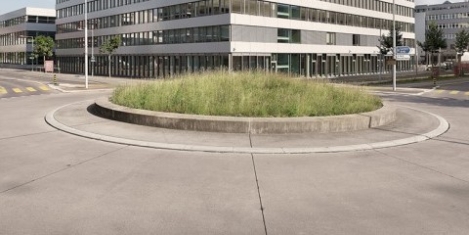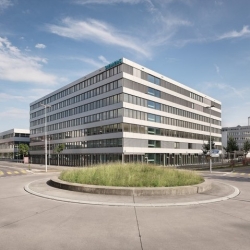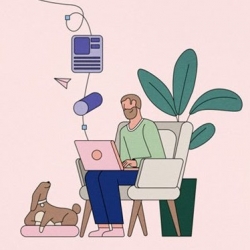To provide the best experiences, we use technologies like cookies to store and/or access device information. Consenting to these technologies will allow us to process data such as browsing behaviour or unique IDs on this site. Not consenting or withdrawing consent, may adversely affect certain features and functions.
The technical storage or access is strictly necessary for the legitimate purpose of enabling the use of a specific service explicitly requested by the subscriber or user, or for the sole purpose of carrying out the transmission of a communication over an electronic communications network.
The technical storage or access is necessary for the legitimate purpose of storing preferences that are not requested by the subscriber or user.
The technical storage or access that is used exclusively for statistical purposes.
The technical storage or access that is used exclusively for anonymous statistical purposes. Without a subpoena, voluntary compliance on the part of your Internet Service Provider, or additional records from a third party, information stored or retrieved for this purpose alone cannot usually be used to identify you.
The technical storage or access is required to create user profiles to send advertising, or to track the user on a website or across several websites for similar marketing purposes.
 New data from Steelcase claims to highlight what the UK workforce is enjoying most about working from home, and which elements of work are suffering without access to the physical office. Nearly all (97 percent) of respondents want to return to the physical office for some or most of the time when possible, but nearly a year of working differently has altered expectations of the office, and businesses need to make vital changes to reflect this. (more…)
New data from Steelcase claims to highlight what the UK workforce is enjoying most about working from home, and which elements of work are suffering without access to the physical office. Nearly all (97 percent) of respondents want to return to the physical office for some or most of the time when possible, but nearly a year of working differently has altered expectations of the office, and businesses need to make vital changes to reflect this. (more…)







 New
New 


 New research by
New research by 
 Until recently, the nature of business was widely predictable. Tried and tested operational methods enabled businesses to forward plan confidently based on what had worked before. Even before the cataclysmic events of the global pandemic, the workplace landscape was shifting dramatically, with innovation, disruption, workforce and consumer expectations evolving at a pace. As we enter 2021, every business will need to rapidly adapt and evolve to survive and workforce agility will be a critical factor for that survival.
Until recently, the nature of business was widely predictable. Tried and tested operational methods enabled businesses to forward plan confidently based on what had worked before. Even before the cataclysmic events of the global pandemic, the workplace landscape was shifting dramatically, with innovation, disruption, workforce and consumer expectations evolving at a pace. As we enter 2021, every business will need to rapidly adapt and evolve to survive and workforce agility will be a critical factor for that survival. 
 Looking back, who could possibly have predicted 2020? It’s been such a difficult pandemic year for so many individuals and companies. Yet it’s also been a transformative time, which has seen dramatic shifts in the way we work. So, with some trepidation, here’s my forecast for the near future. This year will see the office bounce back, but not as we remember it. The office of the future will have an important new role as the physical embodiment of a changing corporate culture.
Looking back, who could possibly have predicted 2020? It’s been such a difficult pandemic year for so many individuals and companies. Yet it’s also been a transformative time, which has seen dramatic shifts in the way we work. So, with some trepidation, here’s my forecast for the near future. This year will see the office bounce back, but not as we remember it. The office of the future will have an important new role as the physical embodiment of a changing corporate culture. 
 The UK Green Building Council (
The UK Green Building Council (
 Employees could save over £2,200 a year and ‘get back’ 98 mins a day if companies adopted a ‘Work Near Home’ model for offices in the future, claims research from workspace company,
Employees could save over £2,200 a year and ‘get back’ 98 mins a day if companies adopted a ‘Work Near Home’ model for offices in the future, claims research from workspace company, 


 Years of pathologising offices should have prepared us for the patholigisation of virtual spaces. It seems like months since anybody has come out with that tired old rant about open plan. Certain vociferous and obsessive
Years of pathologising offices should have prepared us for the patholigisation of virtual spaces. It seems like months since anybody has come out with that tired old rant about open plan. Certain vociferous and obsessive 
 Originally published in December 2014. Homeworking seems to have become a bit of a hot topic this year, but one sentence published on the
Originally published in December 2014. Homeworking seems to have become a bit of a hot topic this year, but one sentence published on the 








March 11, 2021
Body language still matters when you are working online
by Agata Nowakowska • Comment, Working culture